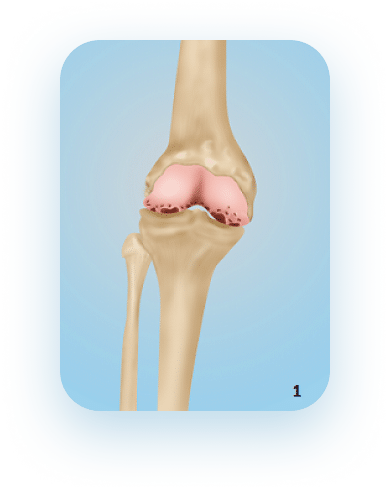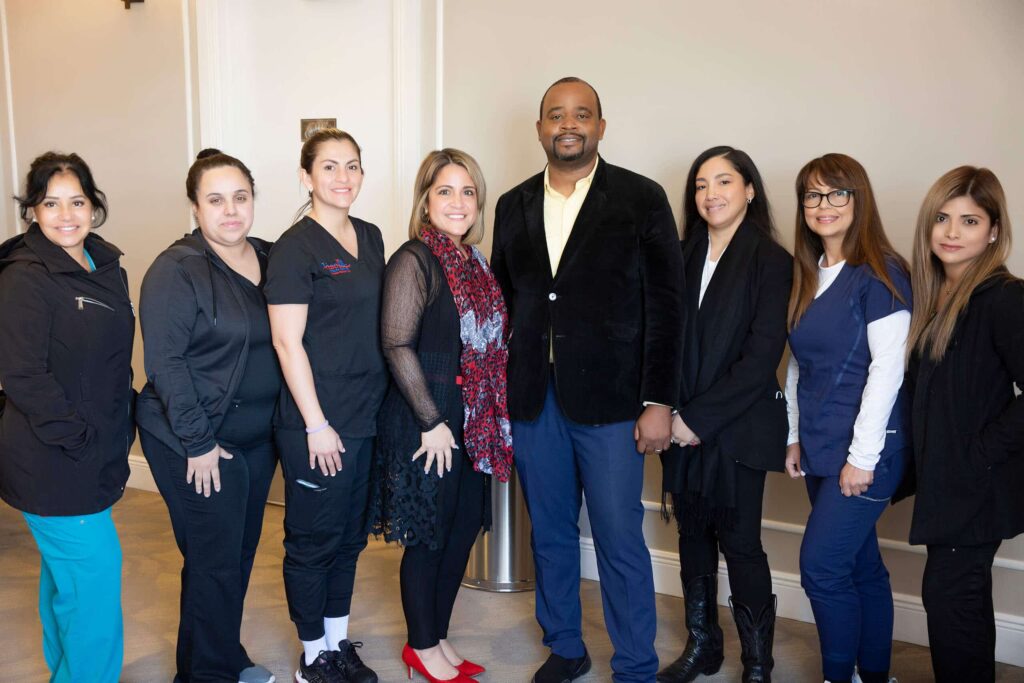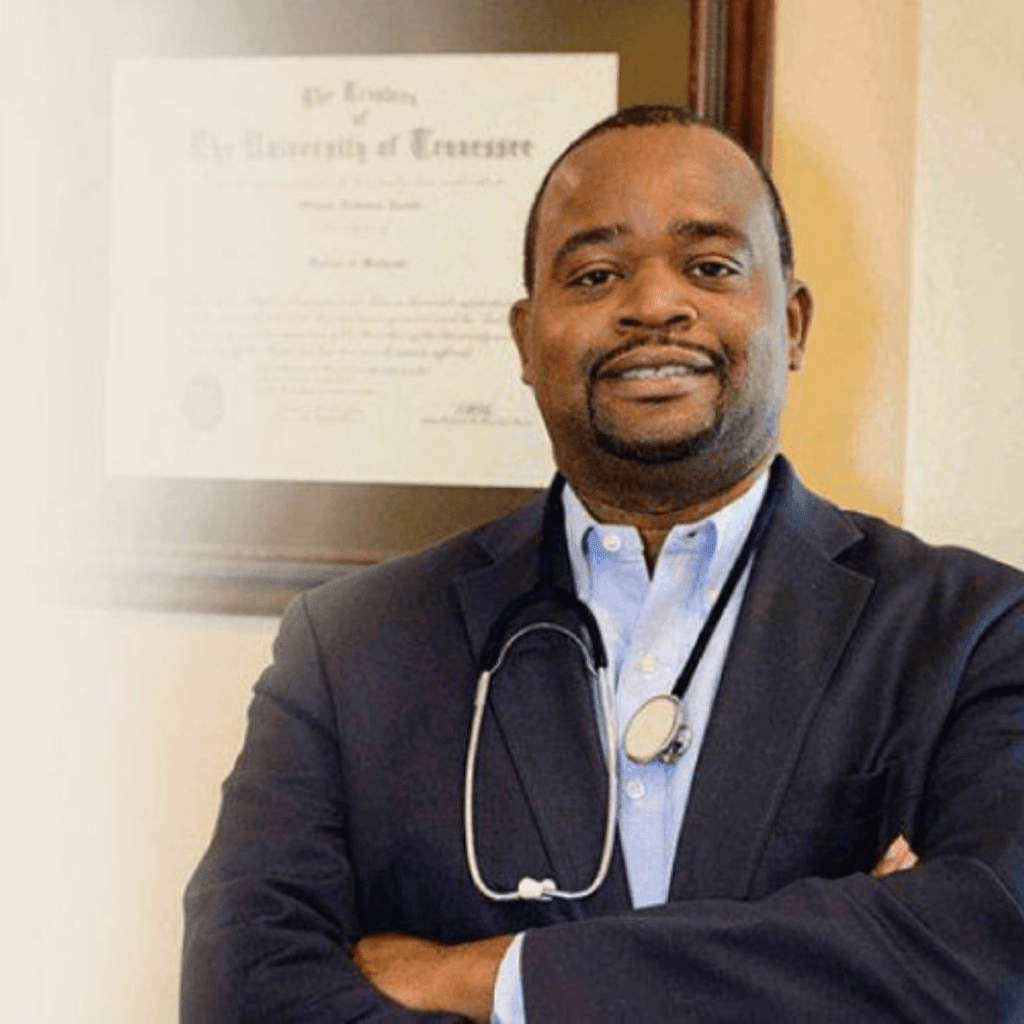Osteoarthritis
Osteoarthritis is the most common form of arthritis in the knee. It is a degenerative,”wear-and-tear” type of arthritis that occurs most often in people 50 years of age and older, although it may occur in younger people, too.
In osteoarthritis, the cartilage in the knee joint gradually wears away. As the cartilage wears away, it becomes frayed and rough, and the protective space between the bones decreases. This can result in bone rubbing on bone, and produce painful bone spurs.
Osteoarthritis usually develops slowly and the pain it causes worsens over time.


Symptoms
Symptoms of osteoarthritis of the knee may include:
- Pain that increases when you are active, but gets a little better with rest
- Swelling
- Feeling of warmth in the joint
- Stiffness in the knee, especially in the morning or when you have been sitting for a while
- Decrease in mobility of the knee, making it difficult to get in and out of chairs or cars, use the stairs, or walk
- Creaking, crackly sound that is heard when the knee moves
If you have any of the above symptoms, we can help evaluate your condition and offer the appropriate treatment.
with Genicular Artery Embolization (GAE)
Genicular artery embolization (GAE), or embolization of the knee, is a novel minimally-invasive procedure providing immediate and long term pain relief for patients with osteoarthritis (OA), by reducing the blood flow to the lining of the knee, known as the synovium. It is performed by an Interventional Radiologist (IR), who is a specialist physician that uses X-rays and other imaging modalities to see in the body and treat diseases without surgery.
GAE blocks the blood flow to the lining of the knee, known as synovium, that are inflamed. By blocking these arteries, there is a reduction in the amount of inflammation associated with osteoarthritis, a process that can help or eliminate the associated knee pain. While further research is needed, initial trials shows the promise this technique holds for patients with debilitating knee pain who are not ready or willing to undergo knee replacement surgery. While it may not treat the underlying cartilage destruction, evidence so far shows that this may be an effective way to manage the symptoms.
GAE is performed with moderate ‘twilight’ sedation as an outpatient procedure, meaning the patient will go home after the procedure. The procedure generally takes one to two hours. Our IR physicians will insert a small catheter (a thin hollow tube) into the artery of the patient’s upper thigh and, with the use of X-rays, guide the catheter to the arteries supplying the lining of the knee. Tiny particles are then injected through the catheter into these arteries, reducing the blood supply. This in turn reduces the inflammation associated with osteoarthritis, which alleviates the pain.

Knee with osteoarthritis

Arteries to the inflamed knee joint being treated with a small catheter

Post-procedure reduced inflammation to the joint
Do any of the following apply to you? If yes, reach out to us to see if GAE is an option to get you fast, long-lasting pain relief without drugs or surgery.
- Osteoarthritis (OA) of the knee
- Degenerative Joint Disease (DJD)
- Pain in one or both knees
- Pain in your knees when walking up stairs
- Stiffness in your knees when you wake up
- Persistent usage-related knee pain
- Failed or diminishing relief from conservative treatment – i.e. Physical therapy, joint injections

to get you fast, long-lasting pain relief without
drugs or surgery.

Why choose Us?

Holistic
Approach

Dedicated and
Caring Team

Affordable
Pricing Packages

State of the
Art Facility
Our full range of medical, laser & surgical options, include the latest diagnostic equipment for providing the highest possible vascular care.
Meet Dr. Obinna Nwobi

He then earned a master’s degree in public health from Johns Hopkins Bloomberg School of Public Health in Maryland, focusing on health care management and international health. He went on to earn his medical degree from the University of Tennessee College of Medicine. Dr. Nwobi completed his internship and residency in general surgery at the University of Medicine and Dentistry of New Jersey.
After completing his fellowship in vascular surgery at the Vascular Group PLLC and Albany Medical Center in New York, Dr. Nwobi chose to practice medicine in an underserved area of Florida.
Throughout his career, Dr. Nwobi has helped patients through the Indian Health Services system and Veterans A airs Hospital, while continuing to work at several large private and public hospitals.Dr. Nwobi is a Registered Physician in Vascular Interpretation, which provides him with specialized training in reading and interpreting all types of vascular ultrasounds. He is also board certified in vascular surgery. As a physician who’s passionate about serving the underserved, Dr. Nwobi dedicates as much time as possible to medical missions.
He has helped countless patients in Nigeria and provided medical care for patients who cannot a ord treatment. Because Dr. Nwobi is genuinely passionate about patient care and has extensive expertise in the most complex vascular conditions, he is trusted throughout Central Florida.

Oviedo
-
1410 West Broadway Suite 105
Oviedo, FL 32765 - 877-817-8346
Winter Haven
- 1121 1st Street S, Winter Haven, FL 33880
- 877-817-8346
Ocoee
- 572 Ocoee Commerce Pkw, Ocoee, FL 34761
- 877-817-8346
